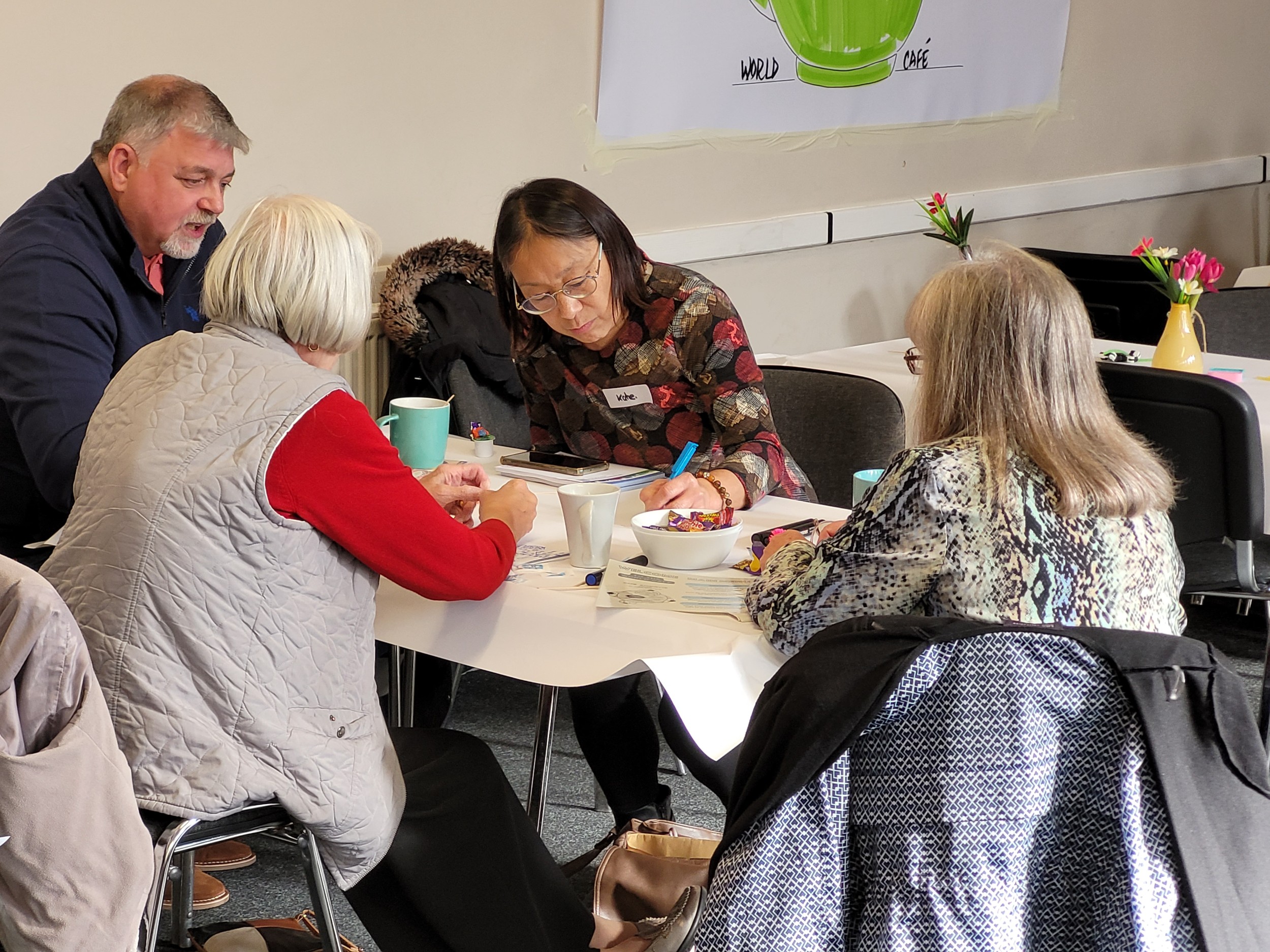Care coordinators provide extra time, capacity, and expertise to support patients in preparing for or in following-up clinical conversations they have with primary care professionals. They will work closely with GPs and other primary care professionals within the PCN to identify and manage a caseload of identified patients, making sure that appropriate support is made available to them and their carers, and ensuring that their changing needs are addressed.
Care coordinators will:
- Proactively identify and work with a cohort of people to support their personalised care requirements, using the available decision support aids.
- Bring together all of a person’s identified care and support needs and explore their options to meet these into a single personalised care and support plan, in line with PCSP best practice.
- Help people to manage their needs, answering their queries and supporting them to make appointments.
- Support people to take up training and employment, and to access appropriate benefits where eligible.
- Raise awareness of shared decision making and decision support tools and assist people to be more prepared to have a shared decision-making conversation.
- Ensure that people have good quality information to help them make choices about their care.
- Support people to understand their level of knowledge, skills and confidence (their “Activation” level) when engaging with their health and wellbeing, including through use of the Patient Activation Measure.
- Assist people to access self-management education courses, peer support or interventions that support them in their health and wellbeing.
- Explore and assist people to access personal health budgets where appropriate.
- Provide coordination and navigation for people and their carers across health and care services, alongside working closely with social prescribing link workers, health and wellbeing coaches and other primary care roles.
- Support the coordination and delivery of MDTs within PCNs.
Individuals with clinical or non-clinical experience can train to become care coordinators, however experience working in a health and social environment is essential, e.g. receptionist, HCA.
Birmingham City University has developed a care coordination training programme that offers a practical, step-by-step approach for the implementation of safe and successful care coordination.
For more information, please click here.
- The Personalised Care Institute provides training webinars for SPLWs, Health Coaches and Care Coordinators
- The level 3 Community Health & Wellbeing Apprenticeship course is available locally at Dudley College, with course fees and a contribution towards backfill funded by the Training Hub. Please contact the team for further details at primarycare.
blackcountry @nhs.net - Birmingham City University provides a Care Coordinator course, which involves two days virtual training and completion of a portfolio within 6 months, including motivational interviews. Please see their website for further details.
- Join NHS Futures Care Coordinators Collaboration Platform to become a member.


